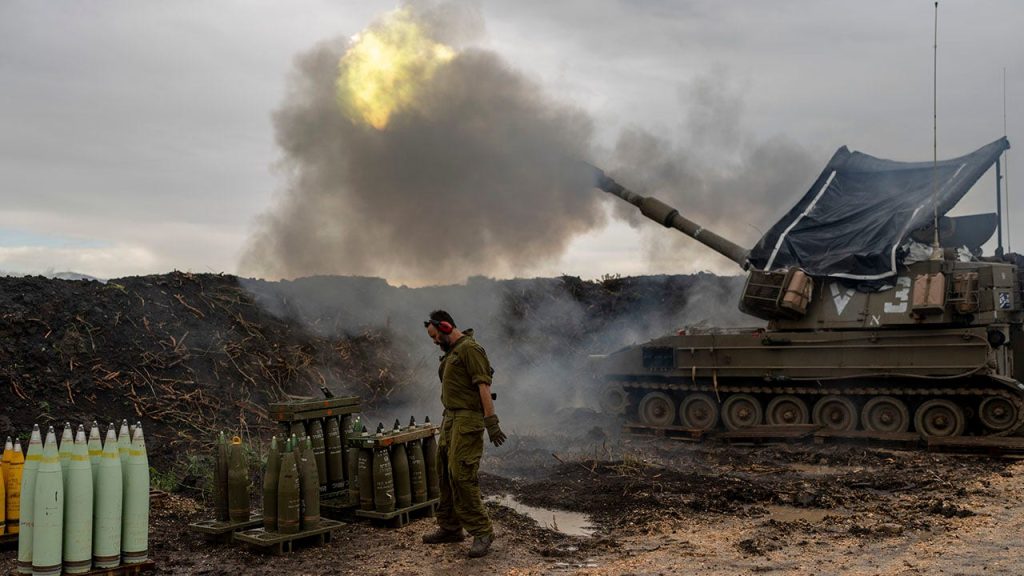The U.S. has not sent all requested military arms to Israel during the ongoing conflict in Gaza, according to General Charles Q. Brown, chairman of the U.S. Joint Chiefs of Staff. While the U.S. has been supporting Israel with capabilities, some equipment requested has not been provided due to capacity constraints or unwillingness. Brown did not specify which military equipment has been withheld, but the Pentagon stated that assessments are made based on U.S. stockpiles and readiness before providing aid to allies. Despite this, the U.S. continues to provide security assistance to Israel as they defend themselves against Hamas.
The U.S.’s support for Ukraine in its conflict with Russia may have impacted Washington’s ability to aid Israel. The issue of U.S. military aid to Israel has become controversial not for financial reasons, but due to concerns about a growing humanitarian crisis in Gaza. This has sparked debate at home and abroad over whether U.S. assistance is contributing to higher civilian death tolls in the region. Critics, including human rights advocates, Democrats, and Western allies, have raised concerns about the high death toll in Gaza and what they view as a disproportionate response by Israel to a Hamas terrorist attack.
The conflict in Gaza has resulted in a significant number of casualties, with Palestinian sources claiming over 32,000 deaths as a result of Israel’s military offensive. The U.N. Security Council recently voted in favor of a resolution calling for an immediate cease-fire, facilitated by the U.S.’s decision to abstain from the vote. The Biden administration has expressed concern about the high death toll in Gaza and the insufficient humanitarian assistance reaching the region due to Israeli restrictions on aid. This shift in stance towards Israel has drawn criticism and frustration from voters, as seen in the Democratic primary where some voters opted for the “uncommitted” option in response.
Throughout the conflict, the U.S. has faced increasing pressure on its stance regarding military aid to Israel and the humanitarian crisis in Gaza. The Biden administration’s acknowledgment of the high death toll and lack of humanitarian assistance in Gaza reflects a changing perspective on the situation. This shift has been evident in interactions between U.S. and Israeli officials, highlighting growing concerns over the ongoing conflict and its impact on civilian populations. The situation has also exposed rifts within the Democratic Party and tensions between Biden and Israeli Prime Minister Benjamin Netanyahu.
The controversy surrounding U.S. military aid to Israel and the conflict in Gaza has heightened political divisions and public dissatisfaction with the government’s handling of the situation. The U.S.’s role in supporting Israel during the conflict has evoked criticism from various groups, leading to a reevaluation of policies and aid provisions. As the conflict continues and casualties mount, calls for a ceasefire and increased humanitarian aid in Gaza have intensified, prompting a reexamination of U.S. assistance to Israel and its implications for the region.


